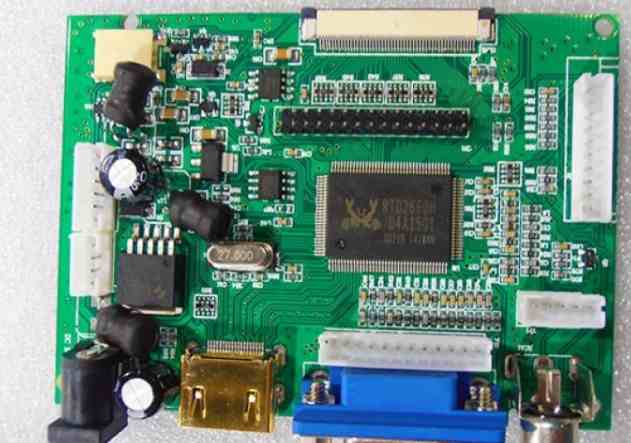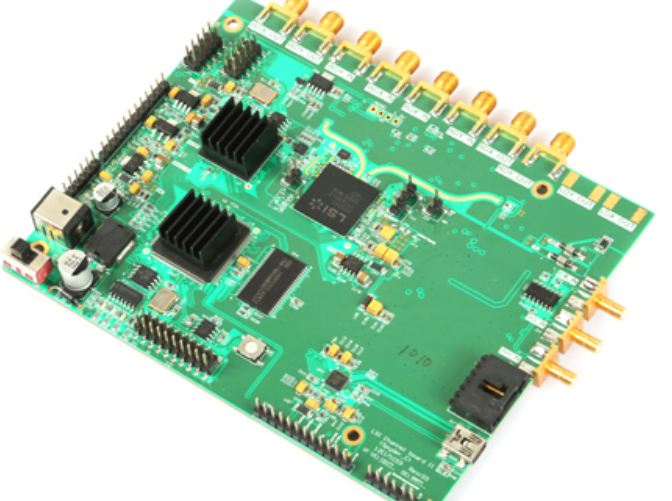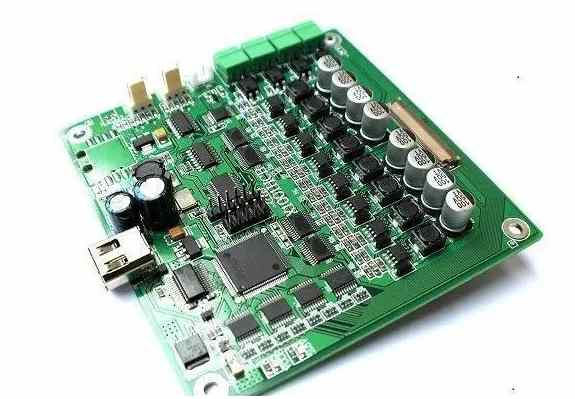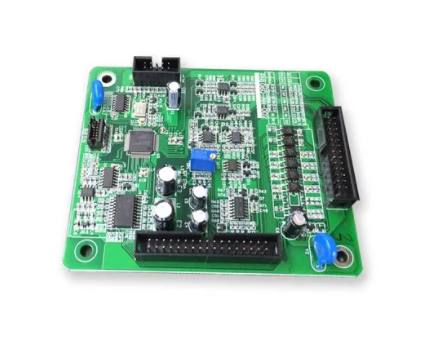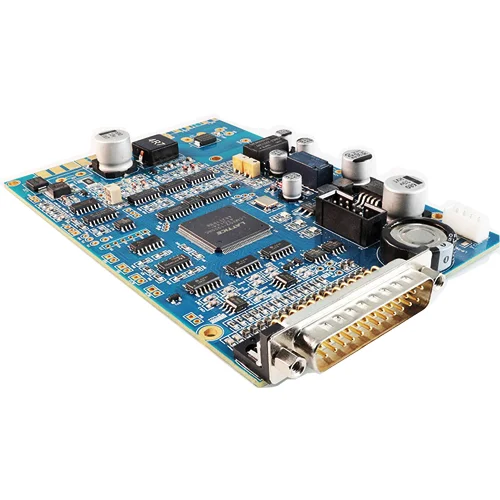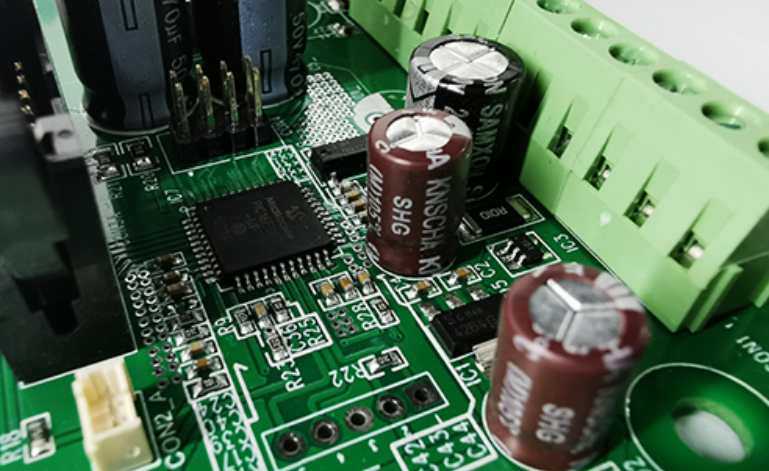
1. Introduction
As the size of the system decreases and the working frequency increases, the function of the system becomes more complex, which requires multiple different embedded functional modules to work simultaneously. Only each module has good EMC and low EMI can ensure the realization of the whole system function. This requires that the system itself not only needs to have a good shielding external interference performance, but also requires that when working with other systems at the same time, can not produce serious EMI to the outside world. In addition, switching power supply is more and more widely used in the design of high speed digital system, a system often needs to use a variety of power supplies. Not only is the power system susceptible to interference, but the noise generated during the power supply can cause serious EMC problems for the entire system. Therefore, how to filter out power supply noise is the key to ensure good power supply integrity in high speed PCB design. This paper analyzes the filter characteristics of capacitor, the influence of the filter performance of the parasitic inductance of capacitor, and the current loop phenomenon in PCB, and then makes some conclusions on how to select the bypass capacitor. This paper also focuses on the analysis of the generation mechanism of power supply noise and ground elastic noise and on the basis of the analysis and comparison of the various placement modes of bypass capacitor in PCB board.
2. Capacitor insertion loss characteristics, frequency response characteristics and capacitor filtering characteristics
(1) Insertion loss characteristics of ideal capacitance
The suppression ability of EMI power filters against interference noise is usually measured by Insertion Loss characteristics. Insertion loss is defined as the ratio, expressed in dB (decibels), of the noise power P1 transmitted from the source to the load without filter access and P2 transmitted from the source to the load after filter access.
Observation of one of the insertion loss characteristics shows that when the frequency increases, the insertion loss value of the capacitor increases, that is to say, the value of P1/P2 increases. This means that after the system passes the capacitor filtering, the noise transmitted to the load is reduced, and the capacity of the capacitor to filter high-frequency noise is enhanced. From the analysis of the formula of ideal capacitance, when the capacitance is constant, the higher the signal frequency, the lower the circuit impedance, that is, the capacitor is easy to filter out high-frequency components. The conclusion is the same on both counts.

Then observe the curves corresponding to different capacitors. Under the condition of very low frequency, the insertion loss values corresponding to various capacitors are approximately the same. However, with the increase of frequency, the insertion loss values of small capacitors increase by a larger amplitude, and the value of P1/P2 increases slowly. Therefore, when designing high speed circuit board, we usually place a capacitor of 1 ~ 10μF in the power access end of circuit board to filter out low frequency noise. A 0.01 ~ 0.1μF capacitor is placed between the power supply and ground wire of each component on the circuit board to filter out high-frequency noise.
The impedance of the capacitor connected between the power supply and the ground can be calculated by the following formula: The purpose of capacitor filtering is to filter out the AC components superimposed in the power supply system. As can be seen from the above formula, when the frequency is constant, the larger the capacitance value, the smaller the impedance in the loop, so that the AC signal can flow to the ground plane through the capacitor more easily. In other words, it seems that the larger the capacitance value, the better the filtering effect. Because a real capacitor does not have all the characteristics of an ideal capacitor. The actual capacitor has parasitic components, which are formed when the capacitor plate and lead are constructed, and these parasitic components can be equivalent to the resistance and inductance in series on the capacitor, usually called equivalent series resistance (ESR) and equivalent series inductance (ESL), so that the capacitor is actually a series resonant circuit. In the actual circuit or PCB design, the existence of parasitic inductance will have a great impact on the filter performance of the capacitor, so the capacitor with relatively small parasitic inductance should be selected in the system design.
(2) High-frequency response characteristics of actual capacitance
Due to the existence of parasitic inductance, the capacitor circuit becomes a series resonant circuit. The resonant frequency is, where: L is equivalent inductance; C is the actual capacitance. When the frequency is less than f0, it is capacitance. When the frequency is greater than f0, it appears as an inductor. So, the capacitor is more like a band-stop filter than a low-pass filter. The ESL and ESR of a capacitor are determined by the construction of the capacitor and the dielectric material used, and are independent of the capacity of the capacitor. The ability to suppress high frequencies is not enhanced by replacing a large capacity of the same type of capacitor. Larger capacity capacitors of the same type have lower impedance than smaller capacity capacitors at frequencies below f0, but at frequencies greater than f0, ESL determines that there is no difference in impedance. It can be seen that in order to improve the high-frequency filtering characteristics, a capacitor with a lower ESL must be used. The effective frequency range of any kind of capacitor is limited, and for a system, there is both low frequency noise and high frequency noise, so different types of capacitors are usually used in parallel to achieve a wider effective frequency range.


